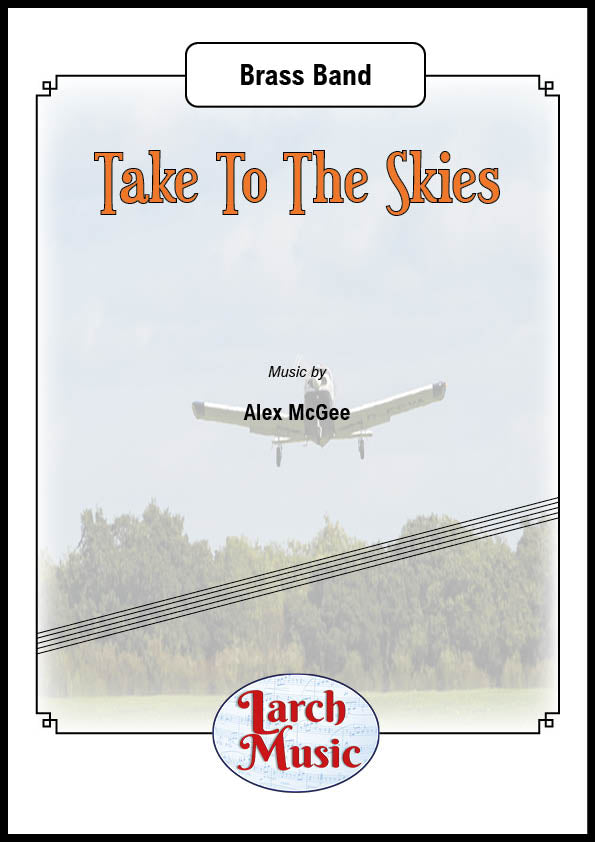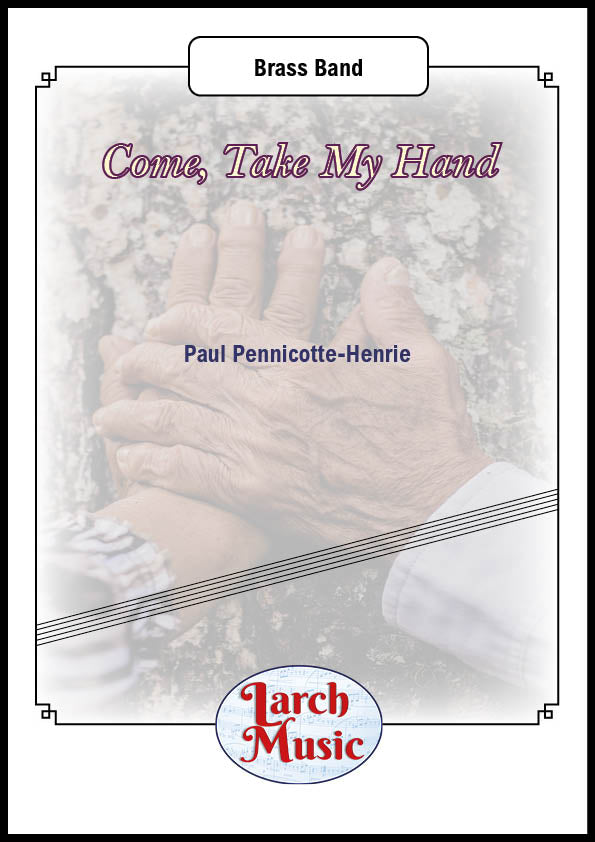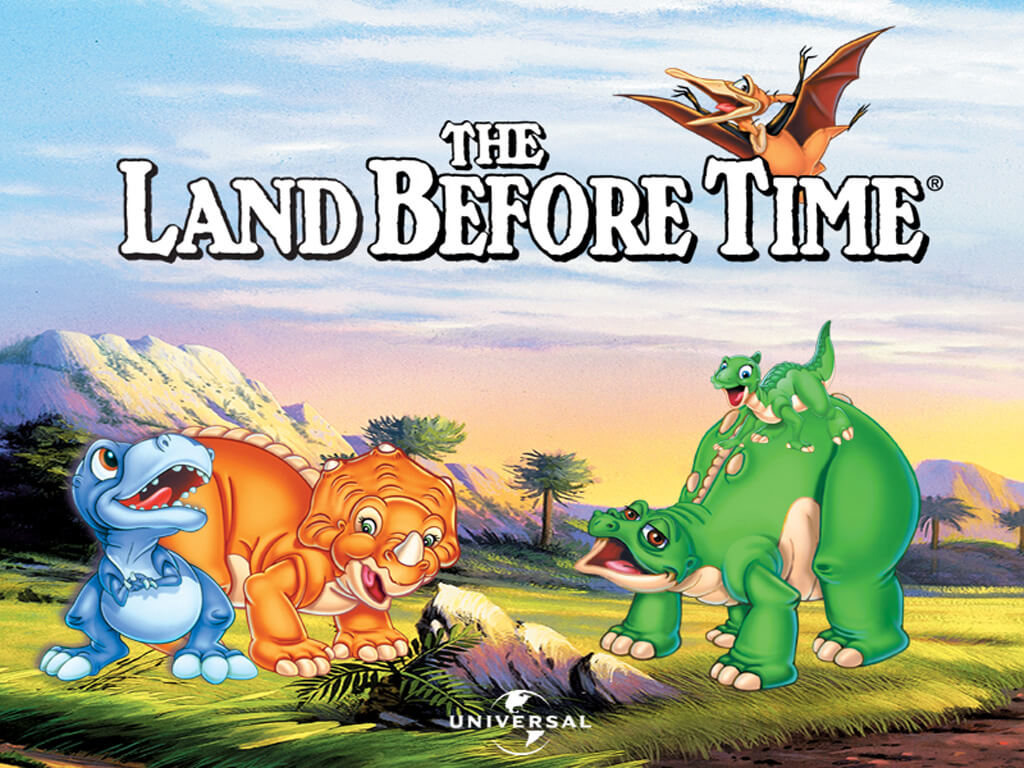Results
-
 £25.00
£25.00Take To The Skies - Brass Band Full Score & Parts - LM298
COMPOSER: Alex McGeeImagine you are there!From take off to landing your aircraft.Start your engine, Chocks Away and take to the Air.Suitable for Most Bands - Duration 4'.15" (Approx.)
In Stock: Estimated dispatch 3-5 working days
-
 £30.00
£30.00Come, Take My Hand (Paul Pennicotte-Henrie) - Brass Band Sheet Music Full Score and Parts - LM509 - Paul Pennicotte-Henrie
COMPOSER: Paul Pennicotte-HenrieBeautiful harmonies take hold of the listener throughout this wonderful piece.A great addition to your next concertSuitable Section 4 Upwards
In Stock: Estimated dispatch 3-5 working days
-
 £40.00
£40.00Take Five (Brass Band - Score and Parts) - Desmond, Paul - Sykes, Steve
The classic jazz number 'Take Five' was first recorded by the Dave Brubeck Quartet and released on its 1959 album Time Out. Composed by Paul Desmond, the group's saxophonist, it became famous for its distinctive, catchy melody and use of quintuple time, from which the piece got its name. This brass band arrangement, by Steve Sykes, captures the jaunty slant of the original.Suitable for Advanced Youth/3rd Section Bands and aboveDuration: 4.00
Estimated dispatch 7-14 working days
-
£32.00
Play With Your Band Volume 4 - Jerome Naulais
Love Train / Marche Turque / Sentimental Bossa / Take 3 / Westside
Estimated dispatch 7-14 working days
-
 £29.50
£29.50The Land Before Time - James Horner - Gavin Somerset
The music of James Horner is known around the world for his strong, heart-warming melody lines that featured in such films at 'Titanic' and 'An American Tail'. Released in 1988, 'The Land Before Time' was made by the same film creators of 'An American Tail' and so, James Horner and Will Jennings were the obvious choice to create the movie's soundtrack, following the success of 'Somewhere Out There' (from 'An American Tail'). They didn't disappoint, and the main title track 'If We Hold On Together' became a success both on the screen and off when it was released as a single by Diana Ross in 1989. Now arranged by Gavin Somerset, this release will take a generation back in time to the story of Littlefoot, who embarks upon journey with 4 friends as they search for the Great Valley. A great item for all bands
In Stock: Estimated dispatch 1-3 working days
-
£29.50
Sunset Praise - Wilfried Weiland
Based on a strong Chorale melody by Melchior Vulpius dating back to 1609, this modern take on the baroque chorale brings a new flavour to your audiences with a showcase piece for all your players to enjoy. Featuring the Chorale melody to open with before moving into a 5/4 section ala Dave Brubeck style with a nice percussion drive and holding true to the strict chorale form. A great piece to showcase bands' versatility.
In Stock: Estimated dispatch 1-3 working days
-
 £22.99
£22.99Still, Still, Still Trad arr. Joseph Knight
This is a great little Christmas number that is easy to get together. It starts with a simple quartet setting of the carol, it then moves into the full band playing the piece. Then there is a minor, slightly Russian setting of the music, before it moves into a 3/4 waltz setting back in the tonic key. It then moves back 4/4 for the final setting of the carol with a full final verse before moving back to a quartet for the ending.
Estimated dispatch 5-9 working days
-
 £27.99
£27.99Silent Night Franz Xaver Gruber Arr. Joseph Knight
"This is silly!", this was the reaction to one of my band members who enjoyed this arrangement of the classic Silent Night. Imagine, if you would, that Franz Xaver Gruber had known more than three chords on the guitar and that he had been born in in the 20th centaury. Also please imagine the tune in 4/4 rather than 6/8. It is re-arranged here as if it had been a film score. It is a real talking point and is something completely different for your Christmas repertoire.
Estimated dispatch 5-9 working days
-
 £29.99
£29.99Nimrod from The Enigma Variations By Edward Elgar arr. Joseph Knight
This arrangement has been taken from the original Enigma Variations and adapted for brass band. It has been arranged so that any band can perform it regardless of section. It is time signatured in both 6/4 and 3/2 to aid the band in it's learning. It is offered with full parts and score.
Estimated dispatch 5-9 working days
-
 £32.99
£32.99A Fantasia On Scarborough Fair By Joseph Knight
The one piece of major folk music that Vaughan Williams missed seems to be Scarborough Fair! I have tried to make this omission good. This is done very much in the same style as Vaughan Williams, Holst or Butterworth. It includes features for each section of the band and also a 6/8 over 3/4 section.
Estimated dispatch 5-9 working days


